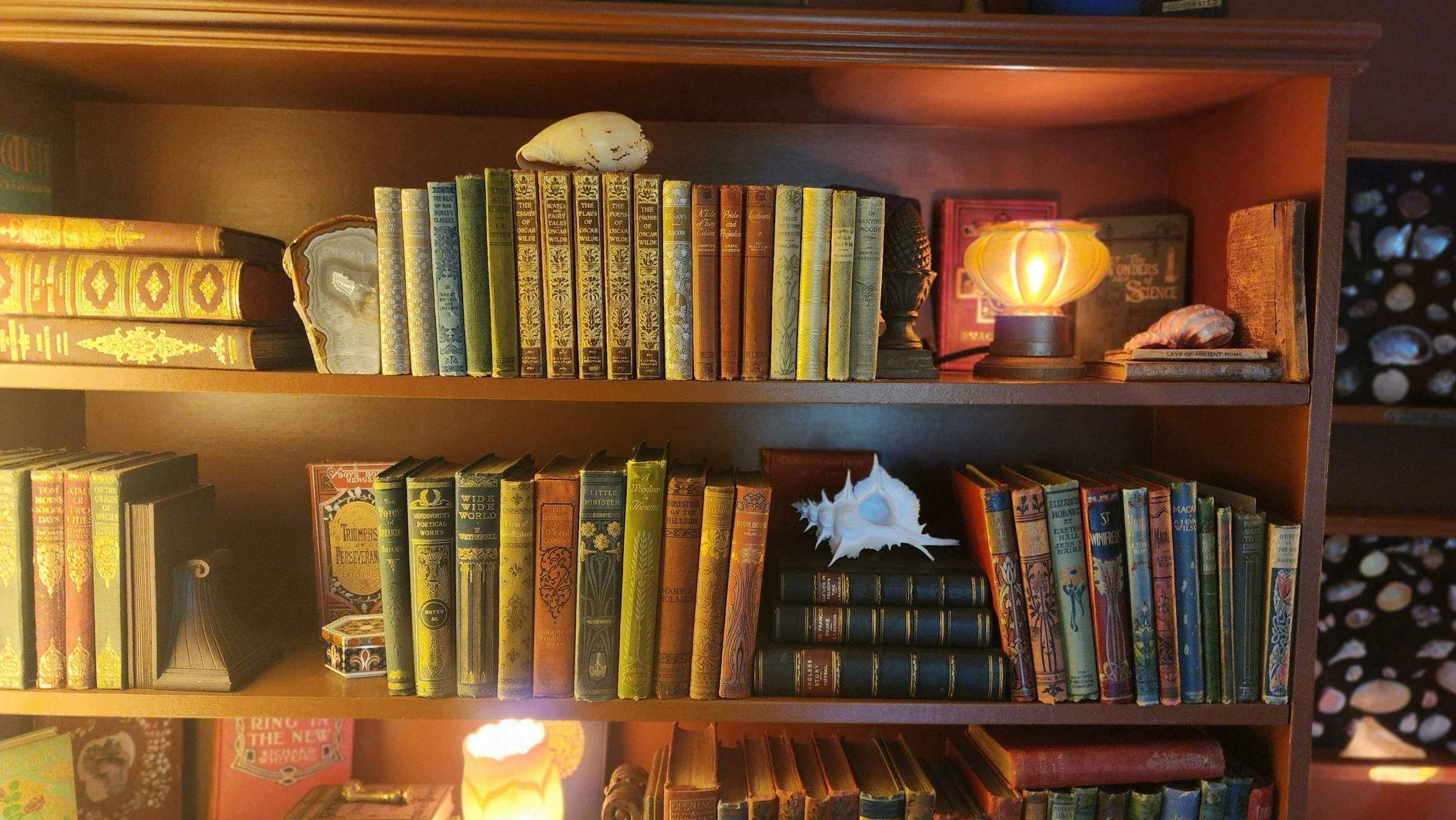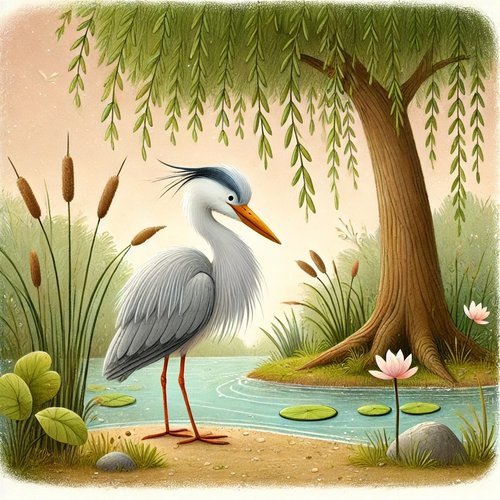Mabel Toad and the Out-of-Time Garden
A story best read with muddy feet and a warm cup of something
Mabel was a toad of a certain age, the sort who kept buttons in jam jars and always had a kettle on. She lived in a small, sloping burrow at the edge of Widdershins Wood, where the birch trees whispered secrets and the moss always remembered your name.
Other creatures in the Wood kept neat vegetable plots — straight rows of carrots, disciplined lettuces, radishes with ambitions. Mabel, on the other hand, had a garden that could only be described as happening.
Her sunflowers grew sideways. Her mint had climbed a tree. She once discovered a squash growing in an old boot and simply let it be. “It has spirit,” she said, patting it fondly.
The neighbors — a tidy vole, a fastidious robin, and a hedgehog who kept a ledger — tried to be kind about it.
“It’s a bit free-form, isn’t it?” they’d say, twitching their whiskers.
But Mabel didn’t mind. She liked the surprise of things. She planted by whim, watered by feel, and often forgot what she’d tucked into the soil in the first place. Her method was less gardening and more befriending.
And there was always Thimble.
Thimble was a snail. Not a magical one (though his shell did shimmer like spilled tea in the right light), just a snail with impeccable manners and a fondness for Mabel’s baking. He lived under the dandelions by the back step and joined her each morning as she made her garden rounds.
“Too early for petunias,” she’d say, peering at a stubborn patch of soil.
Thimble would nod sagely, chewing a crumb of oatcake.
Most of the forest gardens bloomed in May. The bees would arrive in June. By July, the air smelled of dill and busy-ness.
But not in Mabel’s garden.
“Oh, it’s coming,” she’d murmur, half to Thimble, half to the thyme. “It’s just shy.”
By August, even the dandelions looked embarrassed. The robin offered her a new planting chart. The hedgehog suggested fertilizer.
Still, Mabel waited. She brewed tea. She sang lullabies to her tomatoes.
And then, one fog-laced morning in mid-September, the garden sighed. Not the tired sigh of summer ending, but the long, contented exhale of something finally ready.
The nasturtiums burst forth like orange laughter. Zinnias stood tall in their best dresses. Sunflowers — great late-sleeping beasts — stretched and yawned their golden faces toward the pale sun. Even the squash in the boot had grown plump and proud.
The forest creatures came in ones and twos, scarves around their necks, curiosity in their eyes.
“But it’s nearly autumn,” they said, awestruck.
“Perfect,” said Mabel. “The bees need a second act.”
She set out teacups and chairs made of bark. Everyone had a biscuit, even the beetles. They stayed until twilight, watching the garden glow gold and rust and honey.
And in the middle of it all sat Mabel Toad, smiling like a gardener does when something finally blooms — not surprised, just grateful.
“Not everything blooms on schedule,” she murmured, tucking a petal behind her ear. “But oh, when it does.”















At Lady Elowen’s autumn lantern gathering, Lady Bergamot is drawn into a pairing with Yates Everett — and into a confrontation she has long avoided. Beneath flickering lights and half-truths, two hearts wrestle with the weight of what cannot be said.